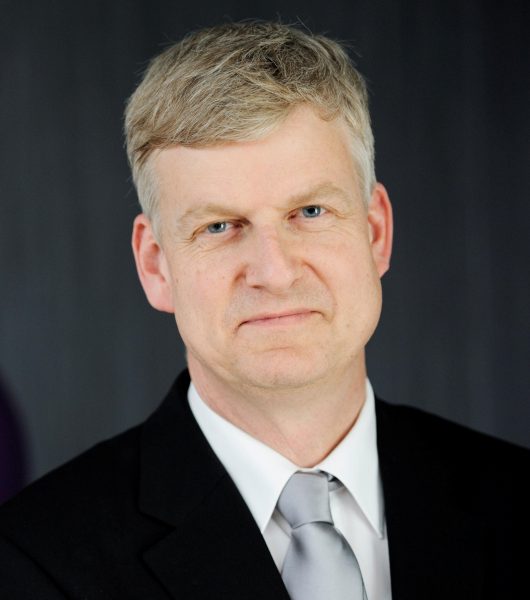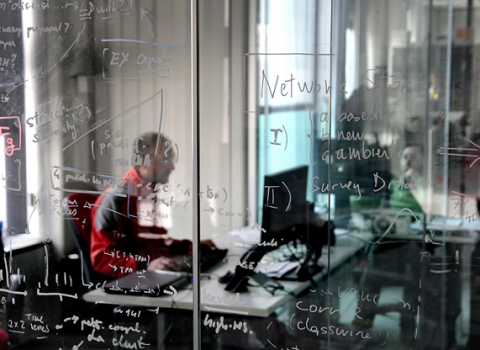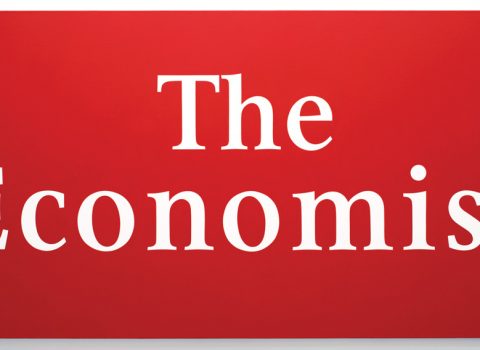FBK hosts one of the most cited scientists worldwide in the field of process mining
Wil van der Aalst, Professor of Information Systems at the University of Technology in Eindhoven (the Netherlands), will hold a seminar on new technologies to help companies and organizations automatically extract workflows from computer systems.
Imagine a registry office which must effectively manage the registration process of newborns. Or an online selling company that wishes to improve its order and delivery processes. Also, a hospital that would like to predict the most likely course of a patient in need of long-term care and transfers in different wards.
“Process mining” technologies help precisely with that: they make it possible to automatically extract from digital files, computer records, or computer transitions stored in information systems, workflows that define the actual procedures of a company or of an organization. These workflows, or models, can then be analyzed to detect “deviations” or anomalies, identify “bottlenecks” where procedures are likely to run aground, or cases where procedures take longer and produce more errors. For example, companies managing online purchases may find out that payment processes record the highest number of errors, or that small appliance purchases result in the highest number of returns and are, thus, less profitable.
Many companies have realized the importance of these analyses, which optimize processes and activities by using available data in a smart way. A new figure of experienced professionals of this new discipline is emerging on the labor market: data scientists, who are able to combine computer science and mathematics, drawing from computer and server archives where huge amounts of information circulate. Process mining tools and the ability to process and extract procedures from data will become an integral part of the “toolbox” of data scientists.
In his workshop – held in English – Wil van der Aalst, one of the most cited computer scientists in the world (according to Google Scholar he has an H-index of 125) and whose ideas have influenced hundreds of researchers, software developers and standardization committees working in the business processes sector, will show how many areas can already benefit from these technologies considered the “electronic spreadsheet of the future”. In the same way as spreadsheets now allow us to analyze numbers and quantities, process mining enables us to analyze behaviors and workflows.
The scholar – who arrived at FBK earlier this month – will demonstrate how useful and easy it is to use the tool and will explain the so-called “inductive discovery approach” process. (m.l.)


